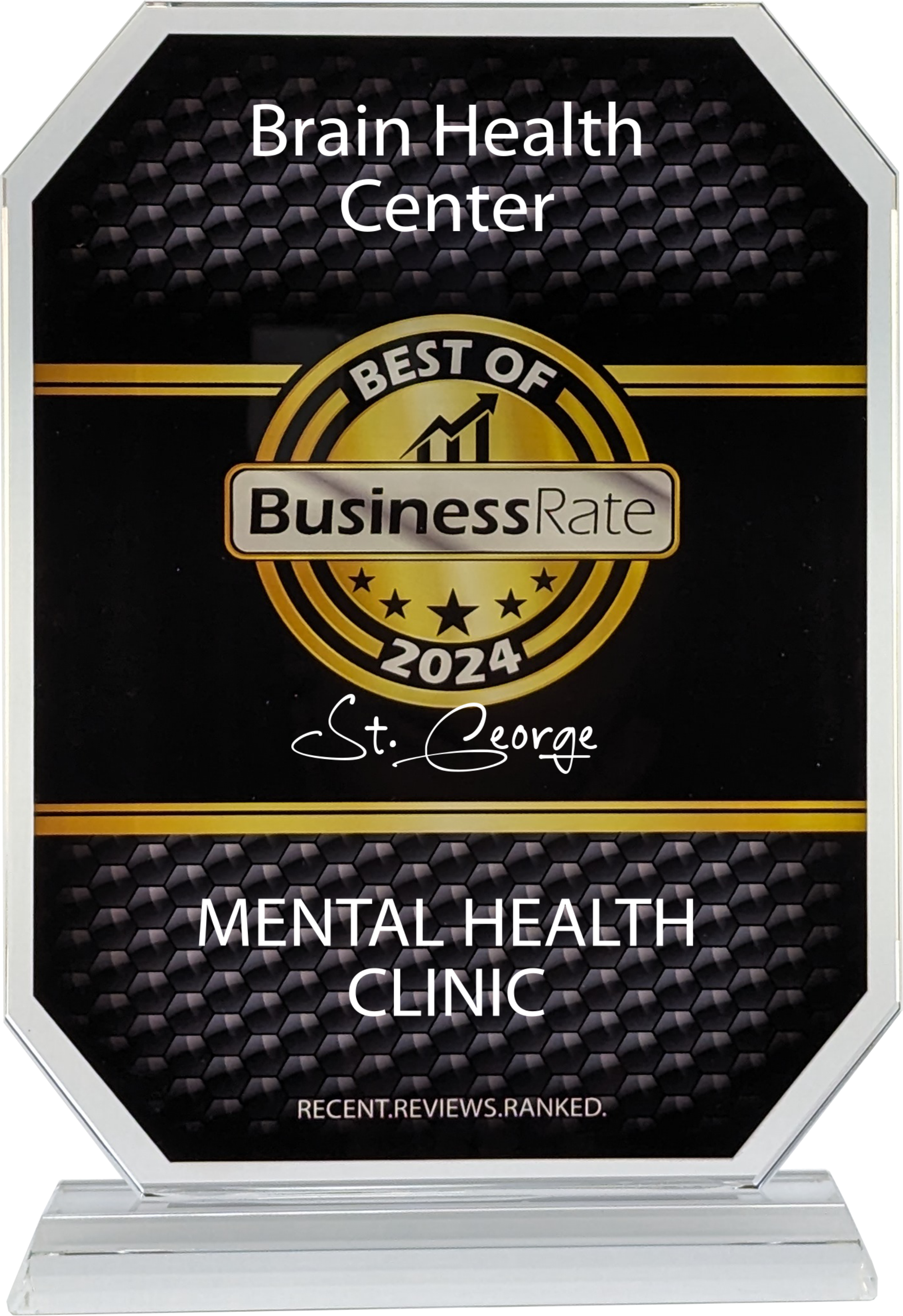Using a combination of these treatment options often works well to relieve the debilitating symptoms of depression. Today’s blog explores these options, giving you an overview of all the tools you can utilize to manage depression.
Mental Health Articles
PTSD vs Anxiety: Key Differences & Treatments
Mental health is a complex topic, including disorders like Anxiety and PTSD. Both disorders involve fear and distress, but their underlying causes aren’t the same, and how they affect daily life isn’t the same.
It's Time To Heal
For many of our friends seeking wellness, TMS is an incredible solution. Get started now with our team.



